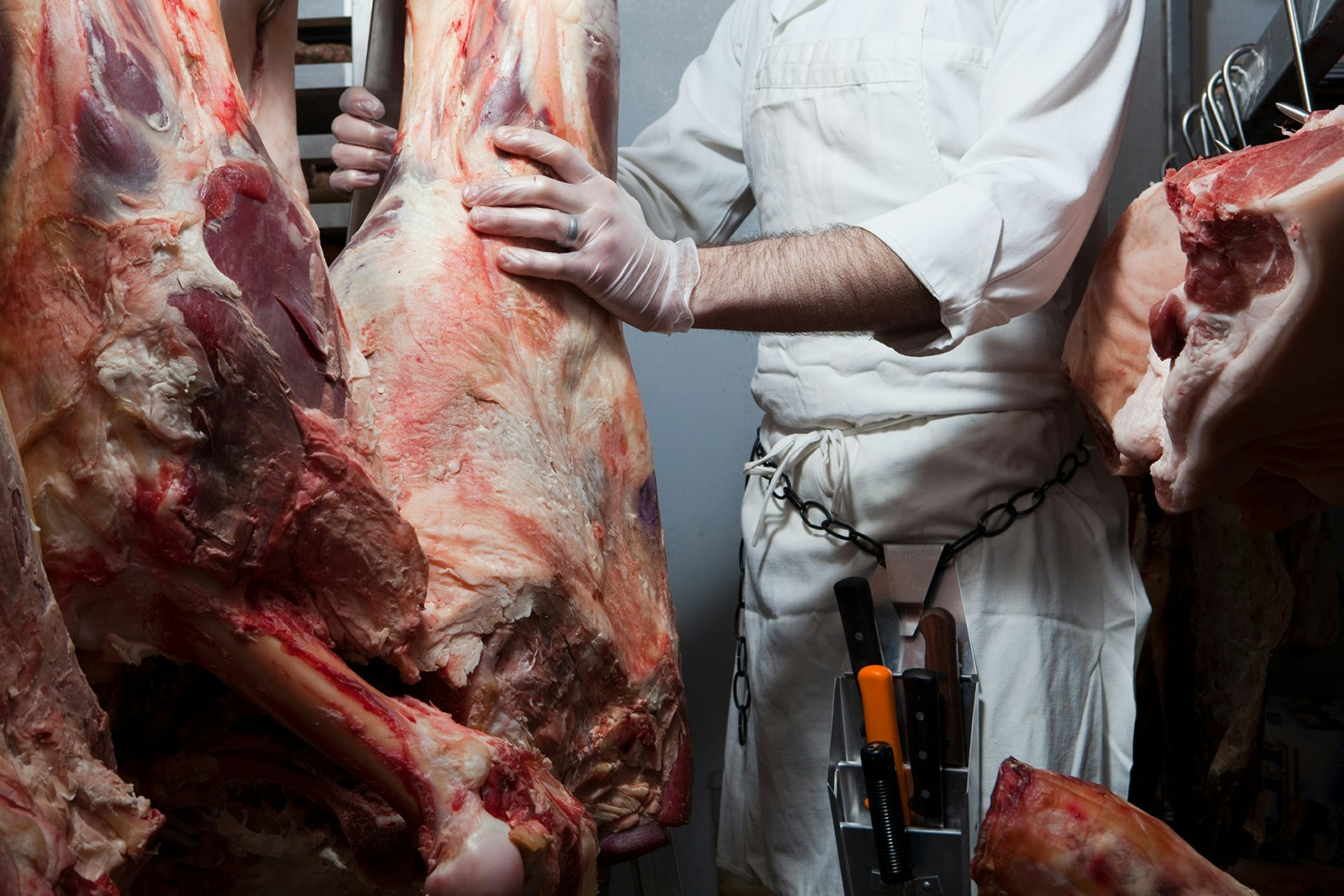A proposed meat packing facility in the Swan Ranch Business Park in Cheyenne could potentially increase Wyoming’s meat processing capacity by 135 times.
Even so, Cheyenne Mayor Patrick Collins said in his most recent weekly address that the project won’t work because city services can’t support such a large operation.
At a LEADS board meeting earlier this month, members discussed with the mayor a company that was considering Cheyenne as a location for the massive facility, which at its peak would have employed about 2,500 people. Cheyenne LEADS is a private, nonprofit economic development corporation for Cheyenne and Laramie County.
The news of the plant was met with a tepid response from some in the Wyoming cattle industry. While the state is in need of more processing capacity, Wyoming cattle producers are trying to remain economically viable while producing smaller numbers of cattle relative to other states, like Texas.
With four large conglomerates — JBS, Tyson, Cargill, and National Beef — processing 80% of the beef in the U.S., many producers in the Cowboy State want to tap into premiums by branding the quality of the state’s beef as a premium product. That brand recognition and the markets it targets, such as high-end restaurants, is diluted in massive packing plants where the meat is mixed with beef from all over the U.S.
Infrastructure
There were other problems for the city of Cheyenne to provide services to a facility that size.
While electricity wouldn’t have been too much of an issue, Collins told Cowboy State Daily its water consumption and housing demands would have taxed available resources.
The mayor discussed the issues with the LEADS board and Wyoming Business Council.
“I shared my real concerns at the plant’s requirements for 3,000 acre-feet of water per year, and how we would handle the housing for the proposed 2,500 new employees,” Collins wrote in his update. “In the end, we determined the meat packing plant would not be a good fit for Cheyenne and Wyoming. We just don’t have the infrastructure to support this business venture.”
Collins said that it was “flattering when a new business looks for opportunities in Cheyenne,” but it’s important to look closely at each opportunity that is presented to the city.





